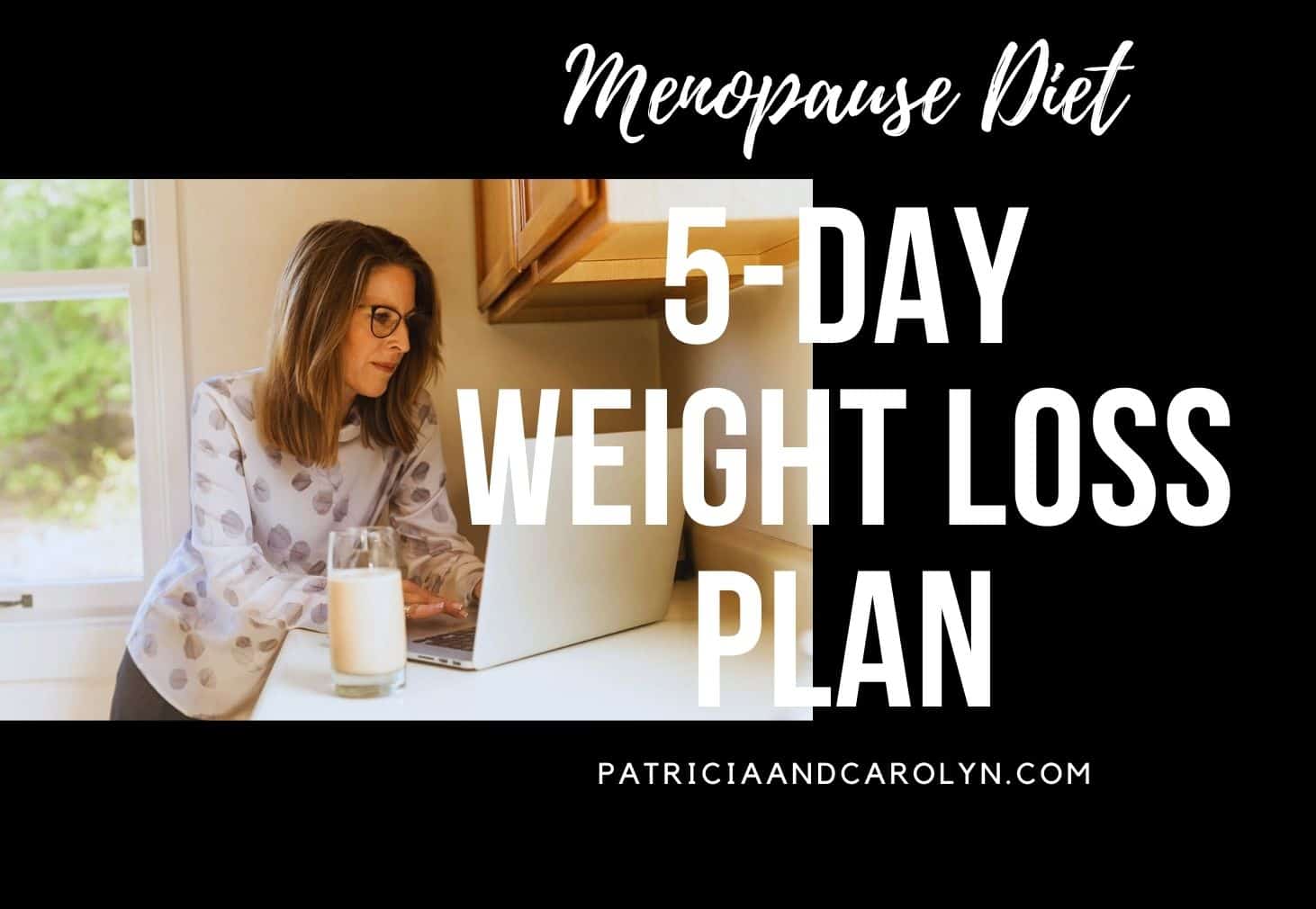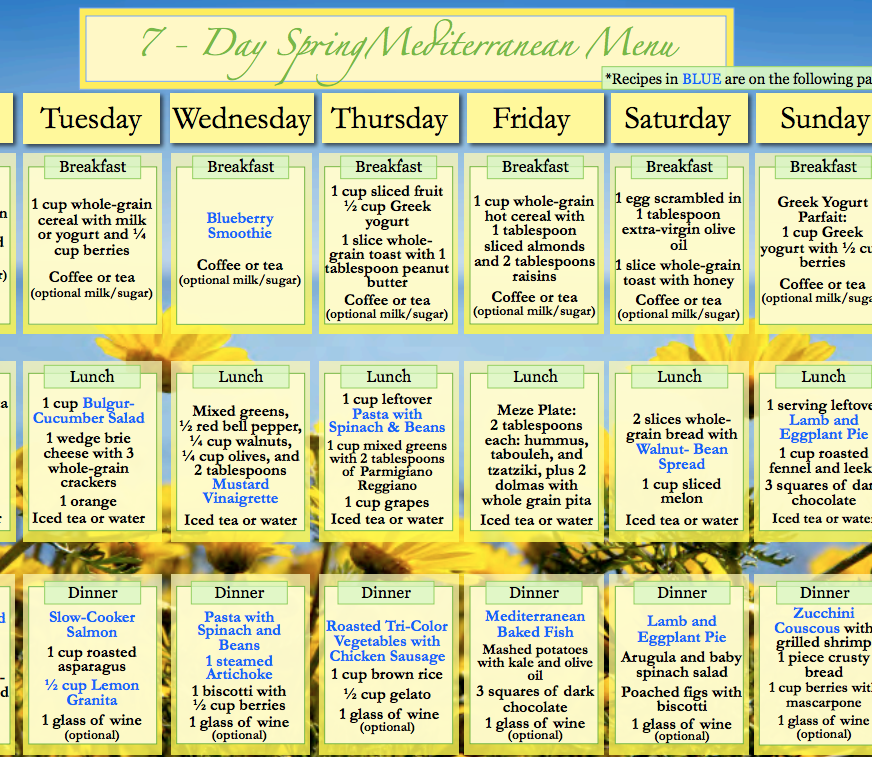
When you exercise, your body burns more calories than usual. EPOC is the post-exercise effect. It can last anywhere from two to ten hours. It depends on what kind of exercise it is. A moderately intense workout may have the same results. Hard, two-hour runs can burn between forty and sixty calories. However, a moderately slow jog may not deplete your muscles.
HIIT can increase calories burn by up to 24 hours
HIIT is well-known for its ability to stimulate your body’s fat-burning mechanism. The HIIT workouts increase metabolism and can torch calories for up 24-hours after a workout. Colorado State University researchers examined the effects of HIIT on calorie burning using a metabolic chamber that measures carbon dioxide and oxygen intake. Their results showed that HIIT increased post-workout calorie burn by as much as 24 percent.
HIIT includes sprinting and running, as well as cycling, running, swimming, and jumping rope. Some workouts combine plyometrics with jumping rope to increase heart rate. If you don't own any equipment, HIIT workouts can still be very effective. Do not push your heart at its maximum speed, but rather to the max. The results you get from pushing your heart to the limit will last a lifetime.

Weightlifting can increase calorie burning for up to three hours
Many people choose weightlifting as their daily exercise. This type of exercise boosts your metabolism which allows you to burn more calories while working out. You need to lift heavier weights, and you should push yourself to gain muscle mass. This will make weightlifting more productive. Two hormones are released when you lift heavy weights: cortisol (the stress hormone) and human growth hormone (the hormone). These hormones allow you to burn more calories even after you workout. They also help you lose weight while you rest.
A typical 30-minute workout involving weights can increase calorie burn by up to 180 calories for a female of average build. These numbers are based on the Harvard medical school's list of recommended exercises. The exact number of calories that you burn depends on your body weight and how intense your workout is. It also depends on the type of movement you do. Bicep curls can burn more calories than compound exercises like deadlifts and bench press.
Exercise causes excess post-exercise oxygen consumption (EPOC)
Exccessive post-exercise Oxygen Consumption is the process by which your body uses more energy after intense training. This process can last up to three to seven hours. It varies depending on the intensity of your workout and your level of fitness. Excessive post exercise oxygen consumption, also known under the name "afterburn", refers primarily to the process of burning fuel following a workout to restore your body's natural state.
The afterburn effect happens right after a workout. This is the body's natural way to recharge its energy stores. However, the effect of afterburn can last anywhere between 15 and 48 hours. An increase in caloric consumption can lead to an excess of post-exercise ox. Excess post-exercise oxygen consumption is largely related to the intensity and duration of the exercise.

Resistance training increases the calorie burn after and during a workout
In 2013, a study was conducted to examine the molecular structure changes in fat cells following resistance training workouts. For years, researchers focused on the health of muscle cells, but recently their interest has turned to fat. Researchers have suggested that these two types of tissue may be engaged in a conversation after a workout. However, it is difficult to say which type of exercise will burn more calories.
The intensity of a resistance-training exercise directly affects the amount of calories burnt. In general, resistance training with a higher intensity will increase calories burned during and after exercise. Resistance-training exercises are challenging for the muscles and anaerobic system. For example, a man performing two sets of supersets of weight-lifting exercises simultaneously may burn eight to nine calories per minute. Additionally, a man who does two supersets five-rep exercises at the same time, while doing 60-180 seconds of cardio per minute, may burn six calories. Another method is circuit training, which alternates cardio with resistance training. The results are similar: resistance-training increases caloric expenditure before, during, and after a workout.
FAQ
Can intermittent fasting interfere with my sleep?
Yes, intermittent fasting can have an impact on your sleep. You may notice an increase in hunger hormones if you skip meals. You may wake up more often at night because of this.
Experts recommend skipping breakfast. They recommend eating a light snack before bed.
If you're still hungry after this snack you can have a small meal right before going to sleep.
Overeating is not a good idea. If you do, you will gain weight rather than losing it.
What can I drink during intermittent fasting in the morning?
You should try drinking water first thing in the morning. It helps you feel full faster and gives you energy throughout the day. To add some flavor, you can add lemon juice to the mix or cucumber slices.
How do I create an exercise routine?
First, create a routine. It is important to plan what you will do each morning and how much time you will be doing it. This helps you plan ahead and avoid procrastination.
The second thing is to ensure that you have plenty of variety in your workout. You don't want to become bored with exercise because then you won't stick with it.
You also need to keep track of your progress. It's important to see how much weight you have lost or gained over time.
You can lose weight quickly if you do not gain weight. You may find it difficult to stay motivated if your weight increases.
It is important to find the right balance between weight gain or weight loss. You'll find it harder to exercise if you don't like where you are at the moment.
Why not lose weight before your 40th birthday?
People over 40 should take care of their health and keep fit. It is important to stay fit throughout your life. This means regular exercise and eating healthy, as well as not smoking and moderate alcohol.
It is also crucial to recognize the fact that our bodies age. Our bones start to weaken, and our muscles start to shrink. By taking care of our bodies, we can slow the aging process.
Being healthy and active as we age has many benefits. These include:
-
Better Sleep
-
Improved moods
-
Energy levels increase
-
Lower risk of getting cancer
-
A longer life
-
More independence
-
Better sex
-
Improved memory
-
Better concentration
-
Greater circulation
-
Stronger immune system
-
Fewer aches, pains
Statistics
- According to Harvard Health, it's estimated that a 155-pound (70-kg) person burns around 167 calories per 30 minutes of walking at a moderate pace of 4 mph (6.4 km/h) (5). (healthline.com)
- Another study found that 24 weeks of weight training led to a 9% increase in metabolic rate among men, which equated to burning approximately 140 more calories per day. (healthline.com)
- According to a study sponsored by the American Council on Exercise, a person weighing around 140 pounds (64 kg) would burn 108 calories at a 30-minute beginner's Pilates class or 168 calories at an advanced class of the same duration (26). (healthline.com)
- One 6-month study showed that simply doing 11 minutes of strength-based exercises 3 times per week resulted in a 7.4% increase in metabolic rate, on average. (healthline.com)
External Links
How To
How to lose weight quickly
There are many ways to lose weight fast. However, most people find them to be ineffective and unsustainable. You can lose weight fast by exercising and dieting. It is important to eat less calories than your body burns each day. This means eating fewer calories than what your body burns during normal activities. To lose weight quickly, you need to reduce your calorie intake.
It is best to avoid foods high in fat or sugar, as these can increase your appetite. You should also drink lots of water every day. This will keep you hydrated as well as your metabolism humming along. These three ingredients can be combined to produce faster results than you could ever imagine.